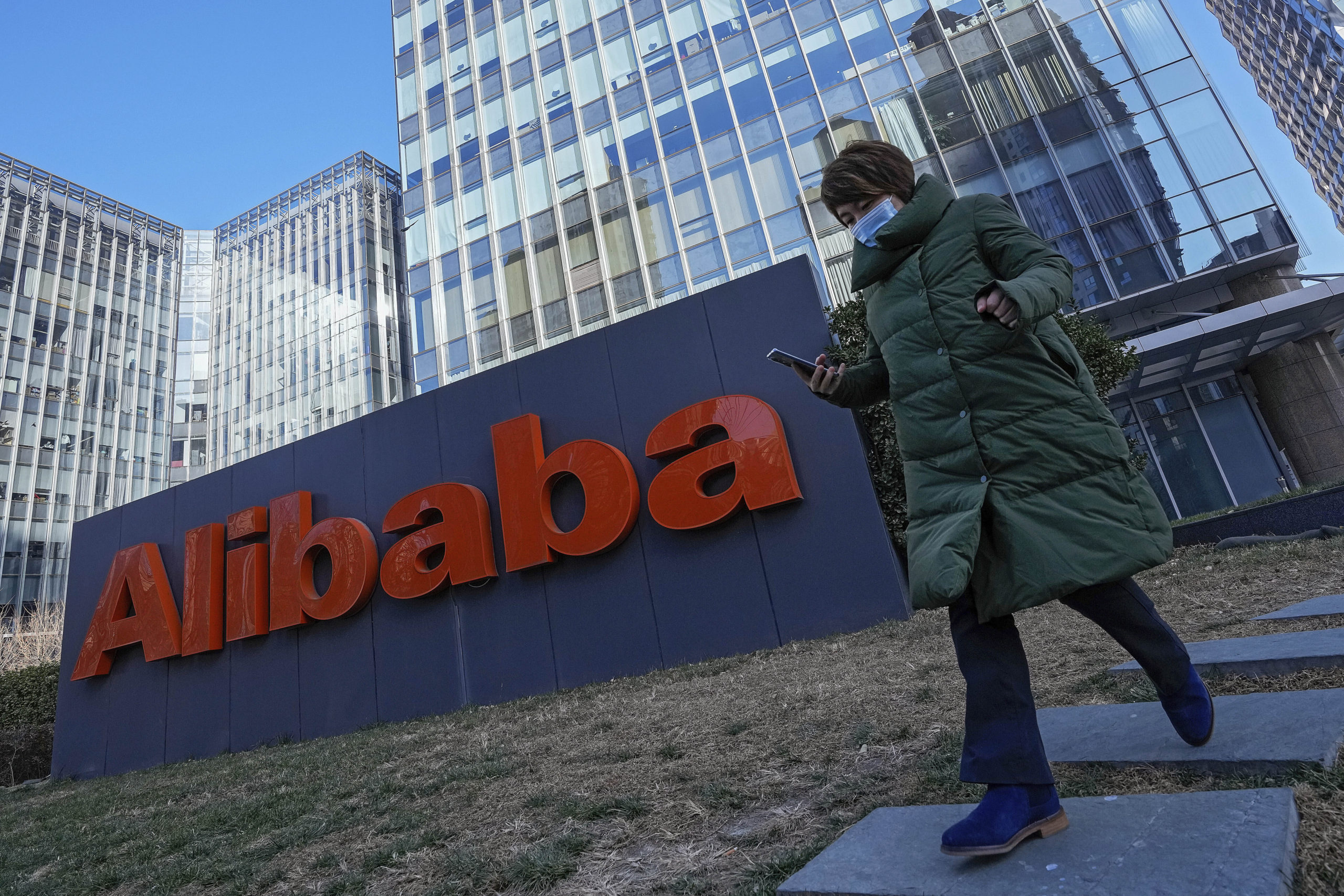 1
1 1
1
HONG KONG (AP) — Chinese e-commerce firm Alibaba Group Holding on Thursday beat market expectations for revenue in its quarter ended June, even as revenue was nearly flat and its net income plunged 50%.
The company has been grappling with increased regulatory scrutiny and fines and a slowing economy.
Alibaba reported revenues of 205.6 billion ($30.4 billion) for its quarter ended June, down 0.1% from the same period last year but still better than the average analyst estimate of $30.09 billion, according to FactSet. It was the first time the company has reported a contraction in sales.
Net income tumbled 50% to 22.7 billion yuan ($3.4 billion). Excluding one-time charges, adjusted earnings per ADS totaled $1.75, topping the average analyst estimate of $1.60 per share.
The company’s U.S.-listed shares rose 5% in early trading Thursday. Its shares traded in Hong Kong slipped 2.2% early Friday.
Alibaba was hit hard in the last quarter as China locked down various cities around the country to stem the spread of the coronavirus. Online shopping tends to flourish during such times, but the company said in a statement that revenue fell “mainly due to impacts from COVID-19 resurgence and restrictions that resulted in supply chain and logistics disruptions in April and most of May.”
Customers in the bustling, cosmopolitan city of Shanghai, for example, were unable to shop online or even order food delivery during its two-month lockdown.
Alibaba, headquartered in the eastern city of Hangzhou, has also in recent years been scrutinized heavily by regulators and been ordered to pay anti-monopoly fines. Its cloud business has been linked to China’s largest cybersecurity breach, when a hacker online attempted to sell over a billion personal records purportedly from a Shanghai police database.
Alibaba faces fierce competition from rivals such as JD.com and Pinduoduo, which has reported an increase in user numbers.
Last week, the U.S. Securities and Exchange Commission added Alibaba to a growing list of companies that could face delisting from U.S. stock exchanges unless they give U.S. regulators unfettered access to their auditing processes and financial books.
Meanwhile, Alibaba is seeking a primary listing in Hong Kong by the end of the year that would allow mainland Chinese investors direct access to its stock as it seeks a more diversified investor base.
—
This story has been corrected to reflect that the decline in revenue was 0.1% in the second paragraph.